
In a professional context it often happens that private corporate clients publication to be made and presented with the actual
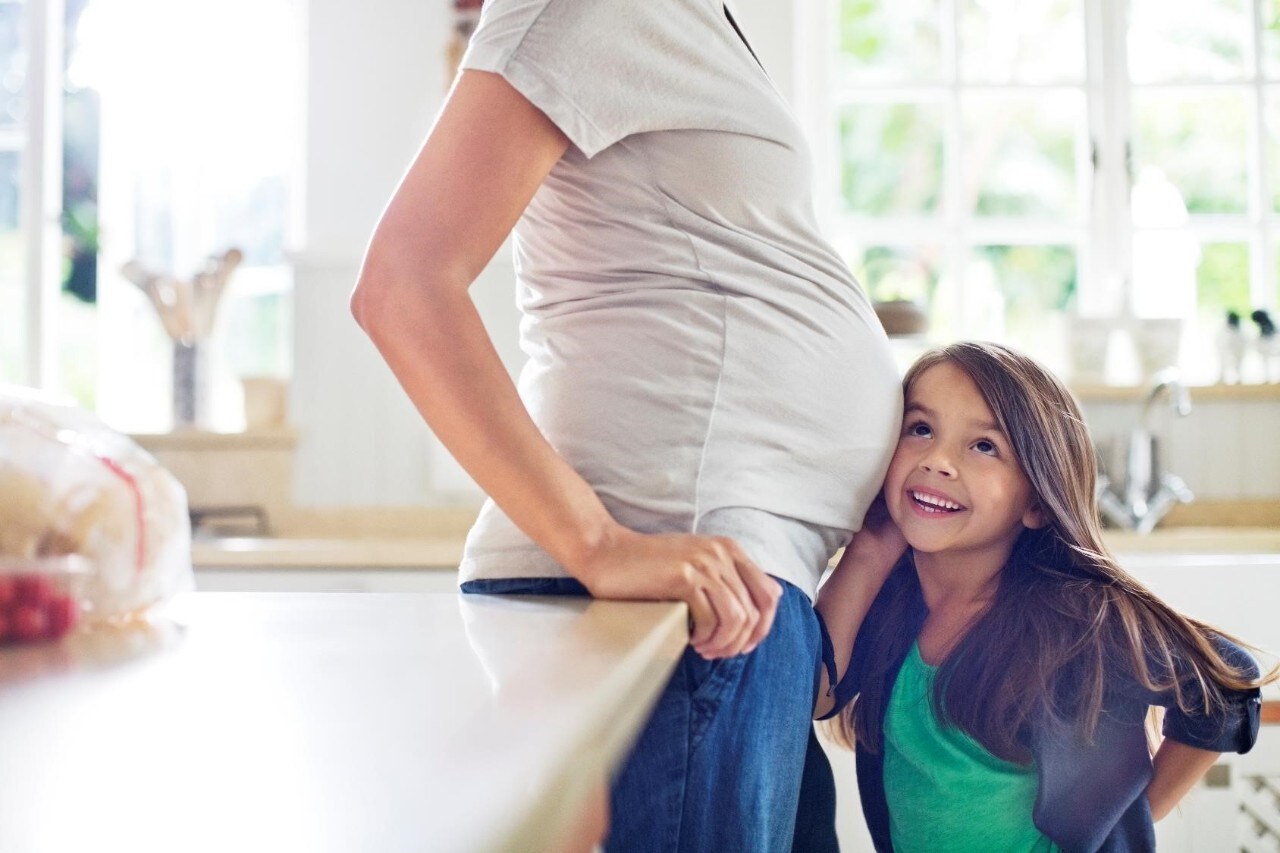
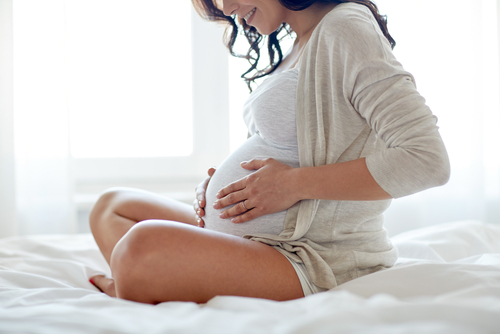
During your first prenatal visit, your healthcare provider will review your medical history, perform a physical exam, and may conduct blood tests and an ultrasound to assess the health of you and your baby.
Typically, you’ll have monthly visits during the first 28 weeks of pregnancy, every two weeks from 28 to 36 weeks, and weekly visits from 36 weeks until delivery. Your schedule may vary based on your health and pregnancy progress.
Post-natal care often includes monitoring physical recovery, managing breastfeeding, addressing emotional health, and ensuring proper nutrition and rest. It's important to have regular follow-ups with your healthcare provider.
Common challenges include breastfeeding difficulties, postpartum depression, and physical recovery from childbirth. Support from healthcare providers, lactation consultants, and mental health professionals is crucial during this time.
Seek medical attention if you experience severe pain, heavy bleeding, fever, or signs of postpartum depression. It's essential to contact your healthcare provider if anything feels abnormal or concerning.
The Conditions we Work with

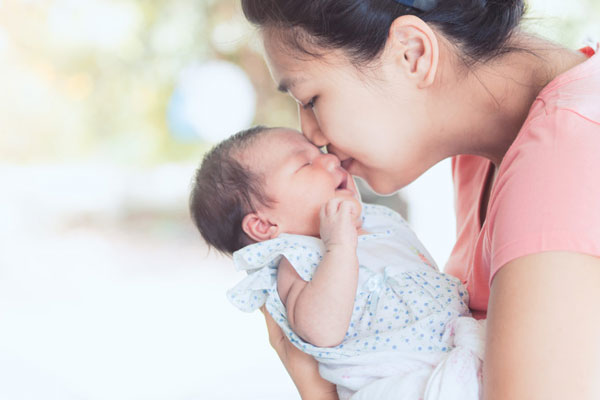
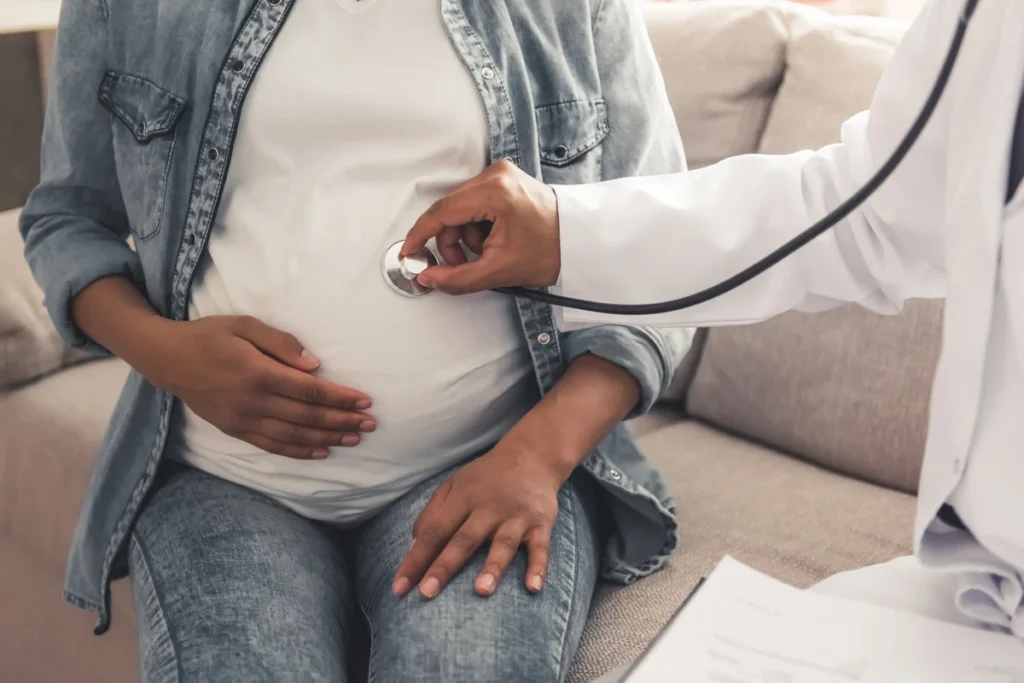
Our female health care professionals who specialise in women’s health will guide you and support you throughout your health journey. Shared Maternity Care Provider, Dr Vajna Rafeek will be happy to provide majority of your pregnancy care in the clinic itself. Your pregnancy care will be shared with The Royal Women’s Hospital, The Northern Health, The Western Health or The Mercy Hospital for Women, Heidelberg depending on your residential address. Your baby will be born in hospital. Our healthcare professionals will endeavour to make your experience as comfortable as possible.
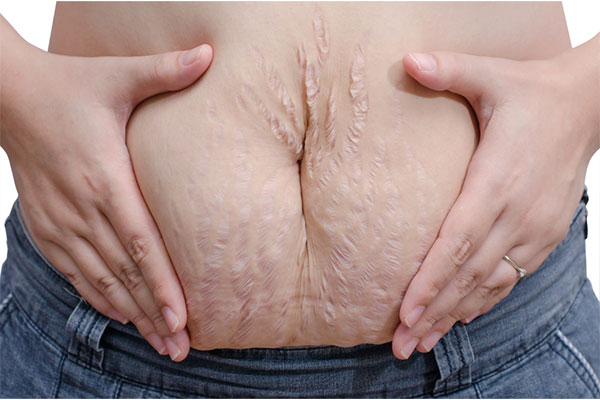
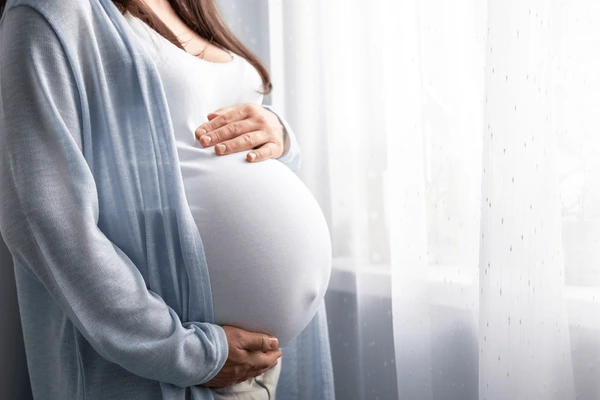

Comprehensive Pregnancy and Post-Natal Care
130 Craigieburn Road, Craigieburn Vic 3064
3, Hanson Road, Craigieburn Vic 3064